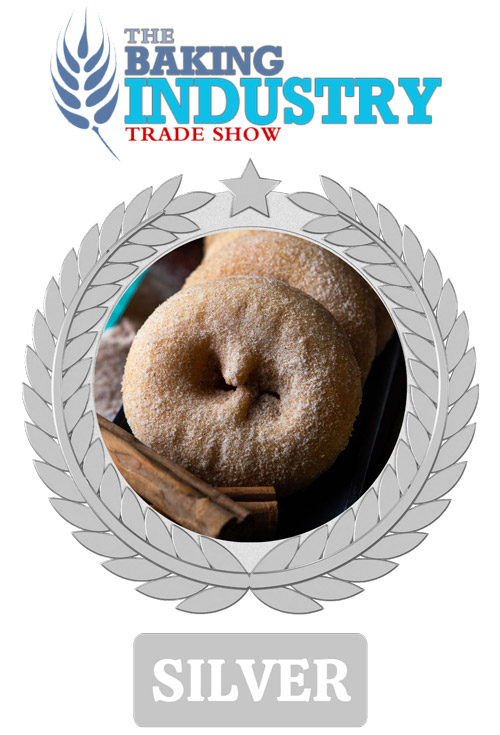The diagnosis of Coeliac Disease can come as a rude shock to you or your loved one and bring about a raft of emotions. You might find yourself or your child riding a bit of a rollercoaster of feelings as you come to terms with your new lifestyle and the changes that you must make to improve your health. In this blog article, we interview Psychologist Ingrid Schults about how to manage those feelings whilst also ‘surfing the urge’ to resist glutenous treats. At OMG Decadent Donuts, we understand how all of this can feel and even little things like managing social outings, birthday parties and school functions can seem overwhelming at first. We are proud to be able to offer a product that is not only safe for Coeliacs (and Vegans and those with nut, egg and sulphite allergies) but a donut that is so delicious that everyone can enjoy it. OMG! Decadent Donuts holds one of the highest standards of certification for any food business in Australia including accreditation with Coeliac Australia. Our donuts are so yummy that the whole party can enjoy them, meaning everyone is eating the same treat and no-one need feel excluded or isolated by dietary restrictions. We are the all-inclusive donut, affectionately known as ‘the goodies with no baddies’.
Interview with Psychologist Ingrid Schults
Q: What are some of the common emotions felt by clients when diagnosed with an illness like coeliac disease?
A: When anyone is diagnosed with a chronic illness, it is common to experience all of the emotions that are associated with any type of grief or loss situation. These emotions can range from shock and denial, to sadness, anger, guilt and anxiety, as they learn to adjust to a different lifestyle, and grieve their old one. However, one can also experience positive emotions such as relief that a diagnosis has been made, meaning that they can focus on learning to manage their illness. This can also bring positive feelings, however it is common to swing back and forth between feeling sad and helpless, and feeling hopeful and motivated.
Q: What would you recommend if a client is feeling overwhelmed with the diagnosis?
A: If someone is feeling overwhelmed with their diagnosis, I would recommend reminding yourself that it is normal to go through a grieving process. Emotions take time to process, and this can feel all-consuming and tiring, so you will need to be kind to yourself and allow some time and space for your emotions, rather than trying to push them away. Trying to delegate some of your responsibilities, taking some time off, and spending some extra time on self-care can all help. Remind yourself that the adjustment to your new lifestyle will take time, so try not to make too many changes all at once. Give yourself time to learn and adjust.
Q: What role do family and friends play at this time?
A: Talking to supportive friends and family members can assist with processing emotions associated with adjustment and transition. Being open with them about what you need can help. You may just need someone to listen, or you may wish for them to give you suggestions or advice. Be clear in your communication. They may help you by taking some of the load of everyday functioning from you whilst you grieve and adjust. Sometimes it is difficult to ask for support however it can be important to ask for help when you are facing a big life transition.
Q: Are there ways/techniques to stop temptation getting in the way when your favourite treats are no longer available to you.
A: Urge surfing can be a nice technique to try, if you are struggling to curb the temptation to indulge in a treat that you can no longer include in your diet. Urge surfing is a technique attributed to the late psychologist Alan Marlatt, Ph.D. We can think of an urge as an impulse to engage in an old habit, and urges are often experienced as physical sensations in the body. Urges are like waves in that they rise in intensity, peak, and eventually crash.
Here’s a brief exercise you can do to explore this technique:
Stop for a moment and think about an urge that you recently experienced. As you think about this urge, see if you can notice all the sensations that come up as you think about it; see if you notice how these sensations shift across time. Use your breath to help you ride out the waves (i.e., the urge); like a surfboard, you can simply observe your breath as you ride out each wave that arises. Well done – you’ve just successfully surfed your first urge!
If you continue to struggle with your emotions around you or your child’s new diagnosis, and you’re not coping, perhaps talking to your GP is an important first step. Seeing a Psychologist can be helpful, as can joining a well-facilitated support group. With adequate and appropriate support, most people can adapt to new lifestyles and still live meaningful and purposeful lives.








